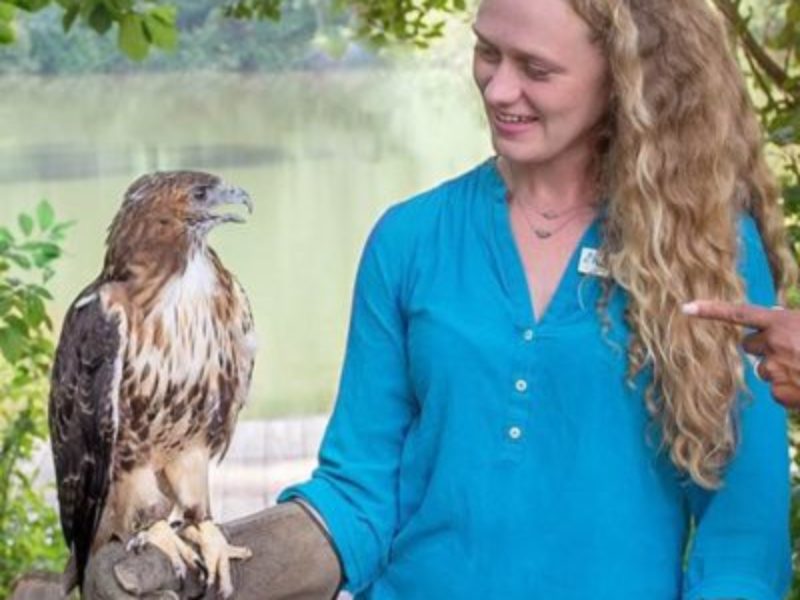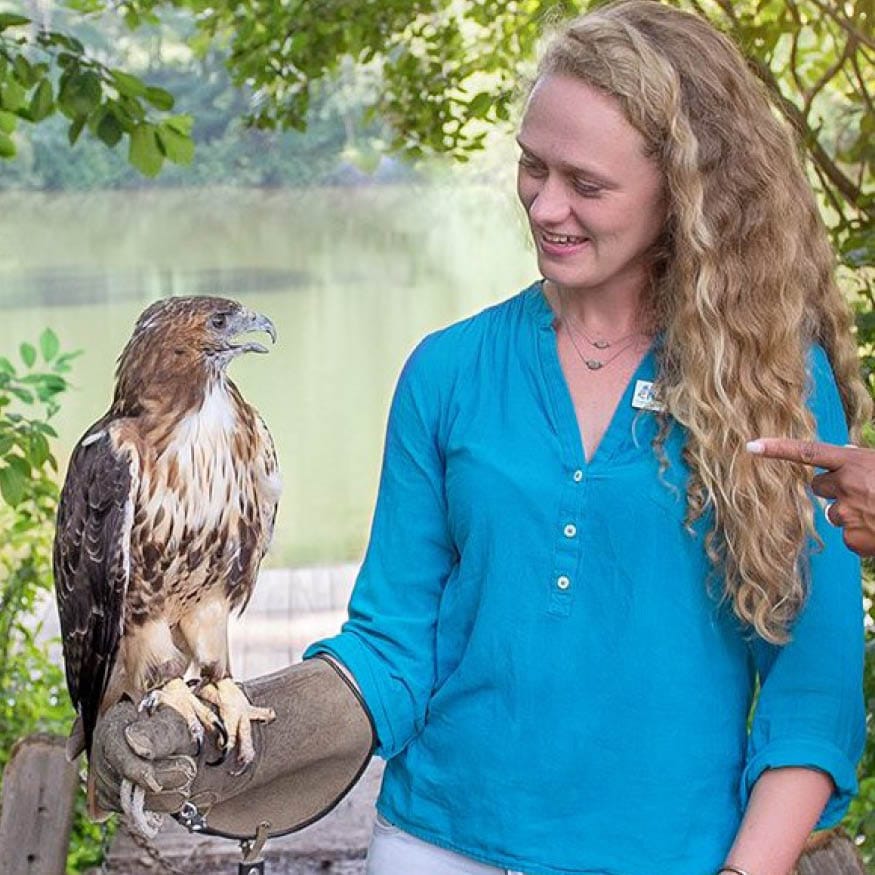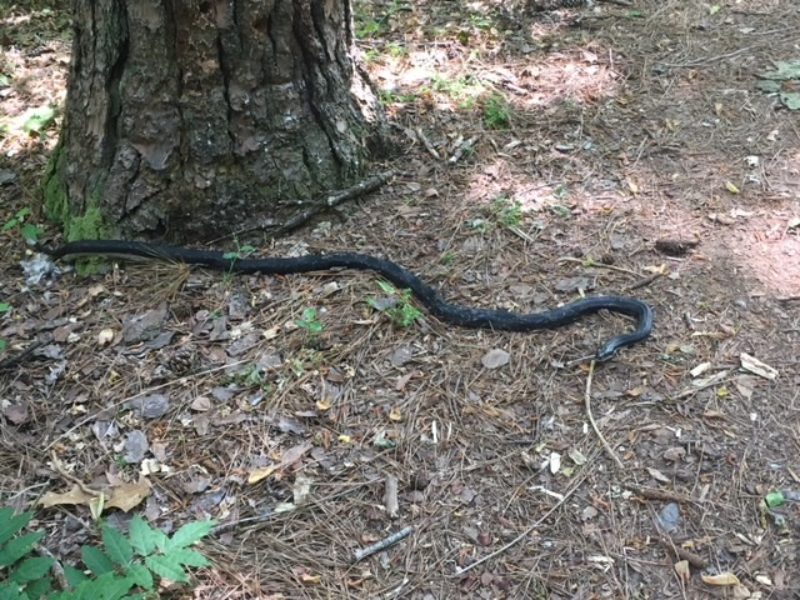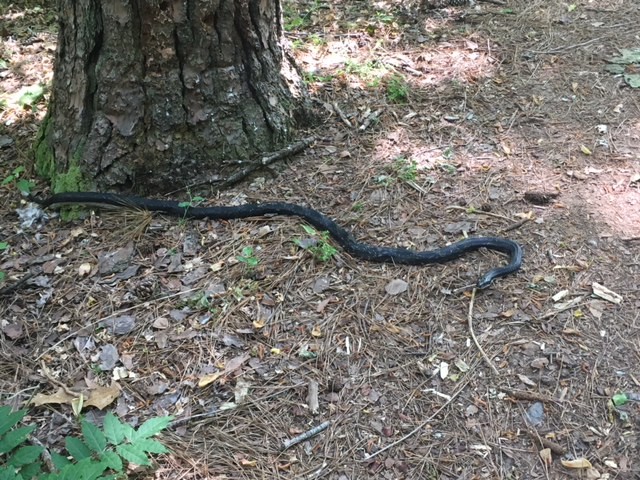March 9, 2021
By Lori Watterson, CNC Naturalist
 CNC is lucky to have amazing staff with varied backgrounds and experiences. Fabiola (Fabie) Clermont is the Special Events Coordinator at the Chattahoochee Nature Center. Read on to get to know her background and her perspective on being a woman of color in the natural sciences field.
CNC is lucky to have amazing staff with varied backgrounds and experiences. Fabiola (Fabie) Clermont is the Special Events Coordinator at the Chattahoochee Nature Center. Read on to get to know her background and her perspective on being a woman of color in the natural sciences field.
Fabie joined the staff at CNC in the fall of 2019. Initially she planned to become an Education Department Naturalist, however with COVID and a reduction in programming, she joined the rental staff as a Venue Sales Associate. Fabie is now the Special Events Coordinator in the Community Programs department combining her love of the natural sciences and event planning!
So Fabie, when did you first realize you had an interest in the natural world?
I didn’t really have much exposure to nature growing up, however, I always knew I wanted to do something with animals. In high school I did a lot of volunteering at animal shelters and clinics.
When it came time for college, what was your parents’ reaction to you wanting to go into the natural sciences?
For stability purposes, my mom wanted me to be a nurse or a doctor and my dad wanted me to be an engineer. But they supported me when I enrolled in UGA’s pre-veterinary program in the Department of Poultry Science as they felt it would be a lucrative career. However I was very disillusioned by the way poultry was raised for market and I soon transferred into the Warnell School of Forestry and Natural Resources. Once there it was Dr. Green’s introductory class to natural resource conservation class that really encouraged and fostered my curiosity about the natural world.
 What was one of your favorite classes while at Warnell?
What was one of your favorite classes while at Warnell?
I was part of a conservation, medicine, and biology class that took us to Costa Rica for the summer and we worked at an animal refuge. We took the formal part of our class at the UGA campus in Costa Rica. For the field portion we stayed at a few eco-lodges and a waystation in the cloud forests where we learned how to improvise out in the field using everyday items because we didn’t have all of the proper equipment with us. While there we paired off and selected topics for research projects where we would spend our time in the field collecting samples and then analyzing and interpreting them for a presentation on campus. My partner and I chose to do our project on the anthropogenic disturbance on the abundance and body condition of strawberry poison dart frogs (Oophaga pumilio).
That experience really got me interested in the field of conservation, but researchers aren’t willing to hire paid assistants or the pay they offer is very low for the amount of work and the college degree or experience required. They expect you to volunteer your time and just be grateful for the experience. Part of that mentality comes from conservationists being in desperate need of funding to do their research. Even research grants that study vector-borne diseases and potential zoonotic diseases are hard to come by. The funding is just not available it seems until the agent of infection becomes a human problem in a well-developed country.
 What degree did you receive at Warnell?
What degree did you receive at Warnell?
I received a Bachelor’s in Wildlife and Fisheries with an emphasis on the Veterinary Sciences and a minor in Biology.
Are your parents supportive of the direction you ultimately chose to go in college?
My parents have been supportive, but have high expectations since my mother was in the medical sciences and father is in the technical sciences. Both have made significant contributions in their respective fields and I would like to eventually be doing something that would make a big impact in a positive way like they have done.
What would you like to be doing next?
Ideally I would like to get a job that would come with doing research toward a master’s degree. Or in a PHD program where they pay you to teach while pursuing your PhD studies.
Being both a woman and one of color, did you experience sexism or racism as a student in this field?
I think overt sexism and covert racism. The male professors genuinely thought they were being helpful by suggesting I ask a male student to help with certain physical tasks. They have that mentality where they don’t think women are able to do certain field work or tasks without the help of a man.
As far as experiencing racism, during on-campus interviews recruiters would be surprised that I knew as much as my fellow classmates who went to the same school and had the same curriculum. But because I look a certain way and they struggled to pronounce my name, they had already started the process assuming I wouldn’t measure up and were surprised when I actually knew what I was talking about.
 So they were questioning your intelligence?
So they were questioning your intelligence?
Intelligence and capabilities. While I did not have the background or some of the same experiences growing up as my white peers had, we went to the same school and I worked twice as hard to overcome those lapses while in higher education. They only really needed to learn the technical aspects where I needed to learn all of it.
Were there many students of color in your department?
I am a woman of color in a field still dominated by Caucasians. When I graduated there were 3 females of color out a graduating class with 40 females. A lot of my professors were some of the first females in their classes at Warnell, so we’re getting there, but we’re not there yet.
Thank you Fabie for taking the time to share your background, interests, successes, and challenges. CNC is lucky to have you as part of our staff and we look forward to your continued growth!
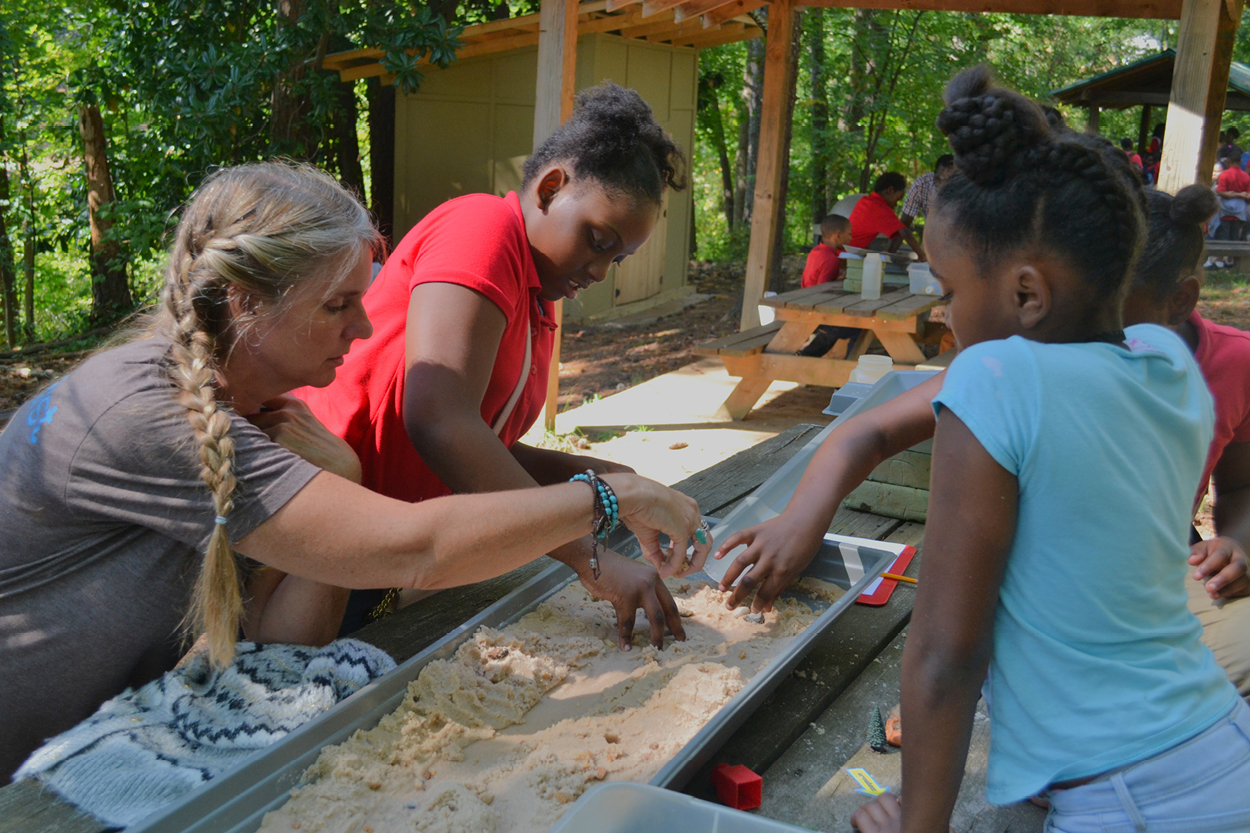

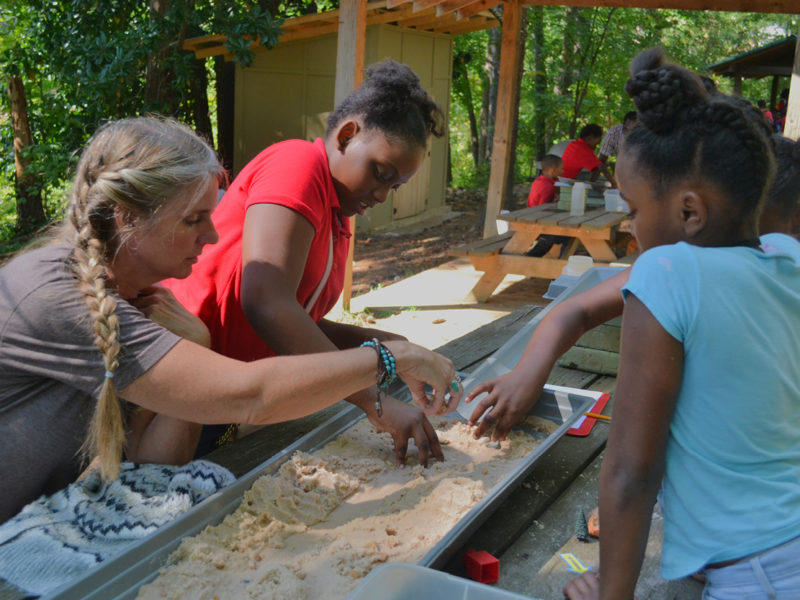
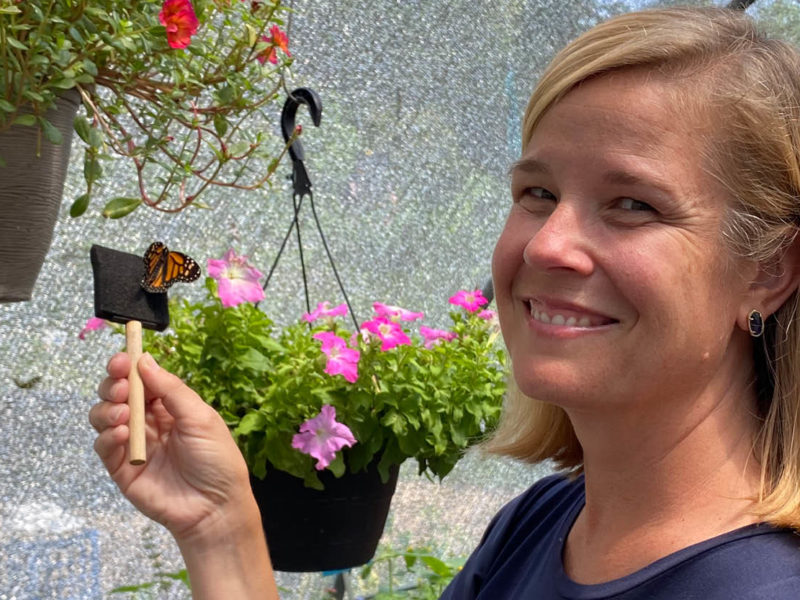
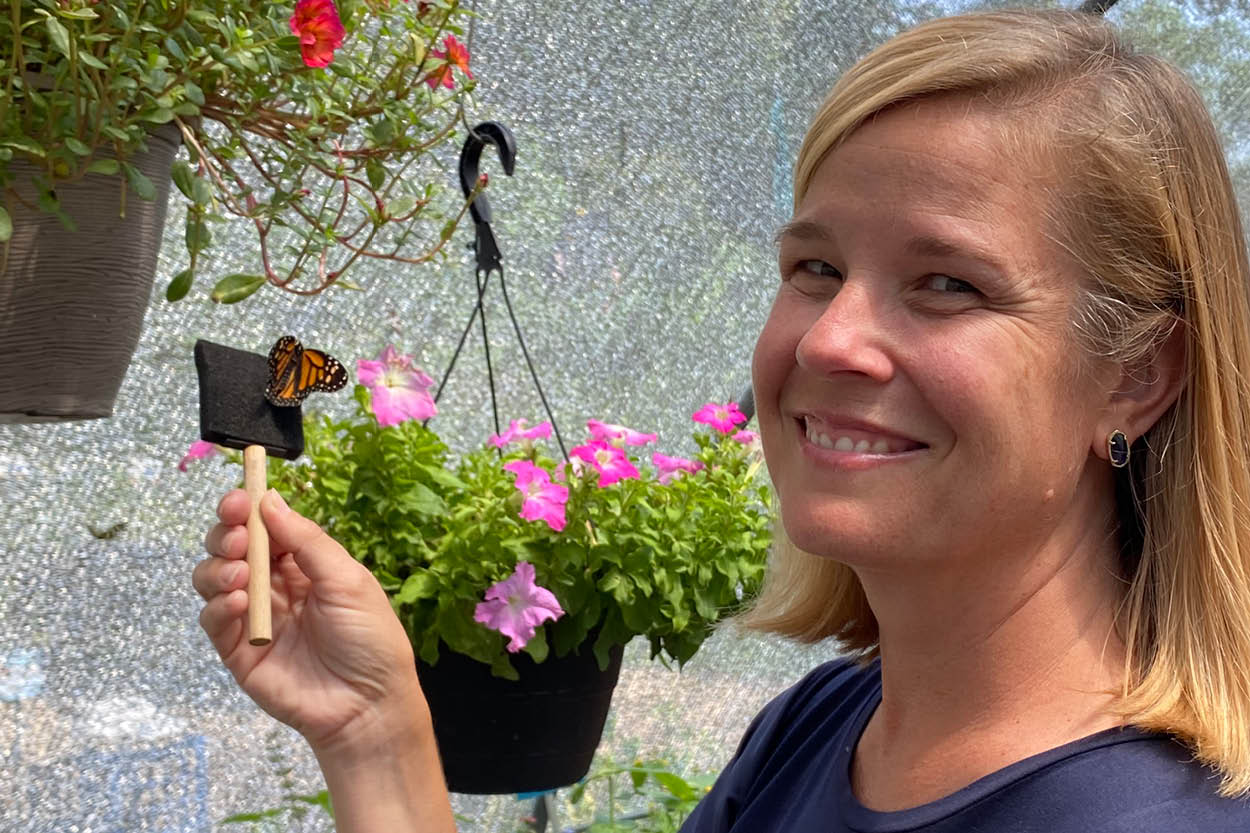
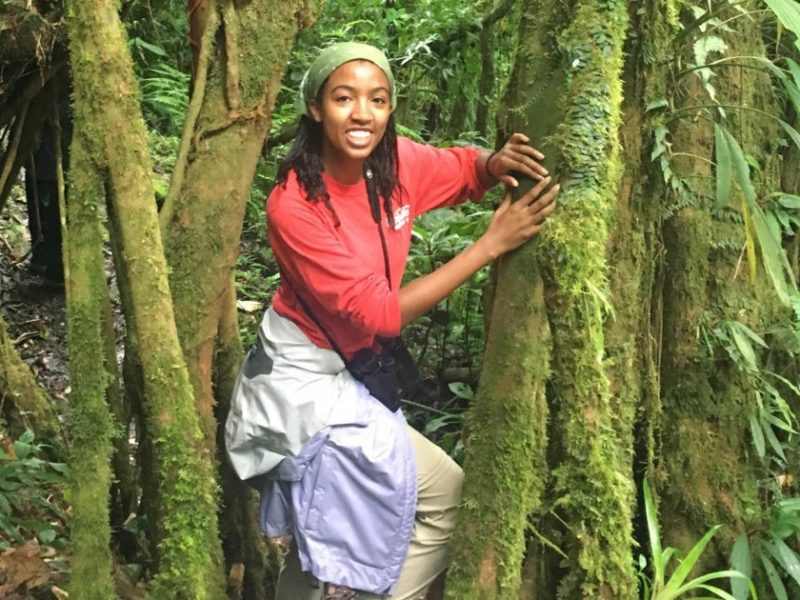
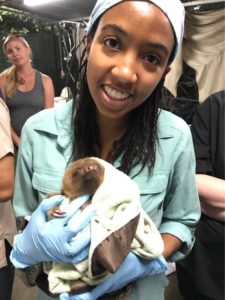 CNC is lucky to have amazing staff with varied backgrounds and experiences. Fabiola (Fabie) Clermont is the Special Events Coordinator at the Chattahoochee Nature Center. Read on to get to know her background and her perspective on being a woman of color in the natural sciences field.
CNC is lucky to have amazing staff with varied backgrounds and experiences. Fabiola (Fabie) Clermont is the Special Events Coordinator at the Chattahoochee Nature Center. Read on to get to know her background and her perspective on being a woman of color in the natural sciences field.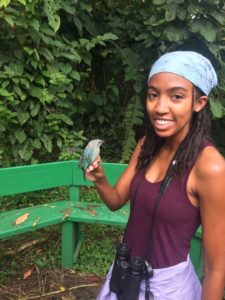 What was one of your favorite classes while at Warnell?
What was one of your favorite classes while at Warnell?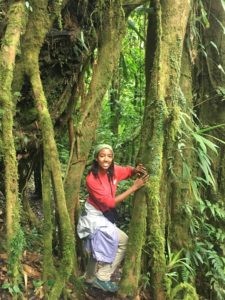 What degree did you receive at Warnell?
What degree did you receive at Warnell?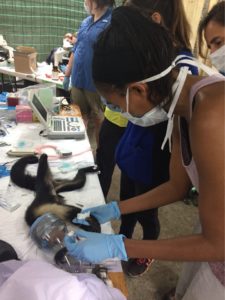 So they were questioning your intelligence?
So they were questioning your intelligence?